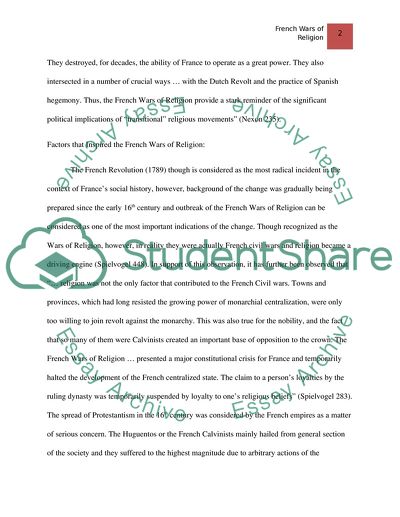Cite this document
(“The Motivating Factors in the French Wars of Religion Essay”, n.d.)
The Motivating Factors in the French Wars of Religion Essay. Retrieved from https://studentshare.org/history/1577112-the-motivating-factors-in-the-french-wars-of-religion
The Motivating Factors in the French Wars of Religion Essay. Retrieved from https://studentshare.org/history/1577112-the-motivating-factors-in-the-french-wars-of-religion
(The Motivating Factors in the French Wars of Religion Essay)
The Motivating Factors in the French Wars of Religion Essay. https://studentshare.org/history/1577112-the-motivating-factors-in-the-french-wars-of-religion.
The Motivating Factors in the French Wars of Religion Essay. https://studentshare.org/history/1577112-the-motivating-factors-in-the-french-wars-of-religion.
“The Motivating Factors in the French Wars of Religion Essay”, n.d. https://studentshare.org/history/1577112-the-motivating-factors-in-the-french-wars-of-religion.


